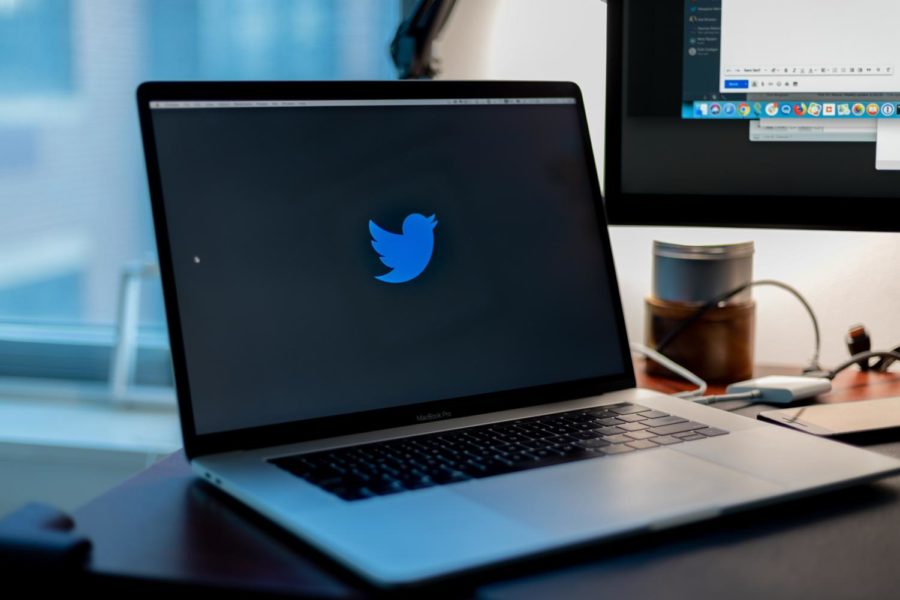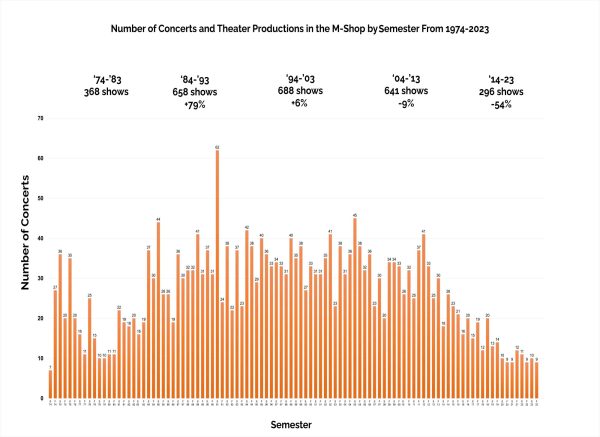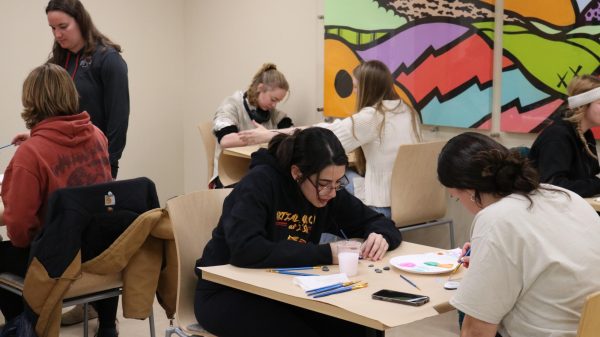Censorship or community guidelines? What can and can’t be said on social media
February 15, 2021
Politics has always been seen as a sensitive topic, but nowadays more than ever it seems many individuals cannot come to a consensus on almost any ideology. As tensions have risen, some people have seen their voices on social media halted, but is there more to the story than we understand?
“I’ve definitely noticed a lot more people that I follow as well as a lot of people just around me that I’m friends with getting censored for sharing their opinions on social media,” said an anonymous source who wished to be kept private to protect their privacy.
For many, the movement of taking individuals off of their respective social media accounts began Jan. 8, 2020, when former President of the United States Donald Trump’s Twitter account was suspended for “risk of further incitement of violence” after the events of the insurrection at the Capitol.
After this move, users began noticing that more accounts were being taken down that seemingly had similar opinions or were stating similar ideals to the former president.
While many individuals have a fear that these banning of accounts is a first step into the First Amendment being chipped away, others have come to reason that these accounts are not being banned due to simply their ideals but what they are instructing others to do to others or in general.
“I think there is a difference between freedom of speech and then posting hateful things,” said Kendal Runels, a sophomore in psychology. “Freedom of speech in my eyes gives everyone the right to have an opinion, however if all they are going to post about it is hate towards people that are different from them, then it’s not freedom of speech, it’s harassment.”
One of the most common things often heard when arguing politics with individuals is that there are issues with both sides of the aisle, and when it comes to politics and social media, it is no different.
Often, individuals feel as though one side is being unfairly targeted, which can lead to even more tension within society.
“I do think there is a difference between inciting things and opinions however. I think it’s only being pointed out against one side,” the anonymous source said. “I’ve seen people go out and get in others’ faces and it’s OK but then the moment someone says ‘yes, our voices should be heard’ on Twitter they’re taken off and I don’t think it’s fair.”
Though it may sometimes seem uneven, it is important to look at why the individuals who are being suspended have had their accounts revoked.
Twitter suspends users who go against their terms of service, which includes engaging in the targeted harassment of an individual or inciting others to do so, as well as inciting violence or intimidation of others. Many individuals who have seen their accounts become suspended have often been found to be saying more than just simply stating their ideals.
“There is a type of validity to taking these types of people off of these platforms because giving people with power these platforms means that a lot of people will do whatever they say,” Runels said. “For example, with Trump and the Capitol insurrection that occurred on January 6th, his use of his platform is what helped him communicate with his followers to commit domestic terrorism.”
Ultimately, much of the struggle comes from some individuals feeling unheard while others feel they are being disrespected or not taken seriously. While it may be difficult for some to come to understand the feelings of others, in order to move forward, listening may be one of the only things we as individuals can do to help the issue change.
“I think the only way to better understand what is trying to be said over social media is to think of what you are posting from someone else’s perspective as well,” Runels said. “For example, I am a Black female and I knew a girl who is white that posted something borderline racist about the BLM movement. I slid up and said ‘hey this isn’t right’ and she in turn told me that I, a Black person, don’t understand the Black Lives Matter movement. If she would have let me explain and try to understand then I think we could have come to a much better understanding but her unwillingness is something I think a lot of people on both sides struggle with.”

















